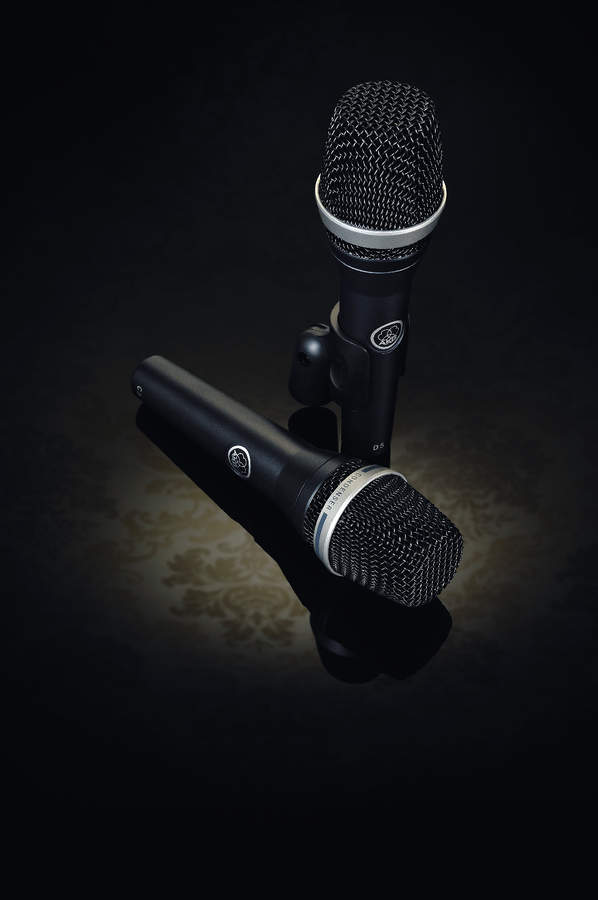MusicRadar Verdict
Quality build and performance from the microphone giants that will flatter a wide range of voices.
Pros
- +
Good sound and features. Good price.
Cons
- -
Perhaps not the most versatile of mics.
MusicRadar's got your back
The life of a live vocal mic is an unforgiving one: screamed into, spat on and dropped - it's tough.
On top of this they are also expected to sound good on a wide variety of voices, reject the mass of unwanted noise on stage and not feedback too easily.
And so it happens that AKG releases a new handheld solution to this age-old arena: the C5 cardioid condenser.
The C5 is sturdy and yet relatively light. Removing the grill reveals the PB1000 presence booster attachment; a small, black plastic cover that clips on to the diaphragm to create a 5db boost between 5kHz and 9kHz to improve vocal intelligibility.
Our C5 was tested against two similar models by Sennheiser: the dynamic E935 and the E865 condenser.
Before considering the sound, there are two major concerns for live vocal mics - handling noise and feedback susceptibility. The C5 has very little handling noise.
The feedback performance of the C5 is similar to the E865, though tending to howl-round at a lower frequency.
Want all the hottest music and gear news, reviews, deals, features and more, direct to your inbox? Sign up here.
Sounds
The C5 was tested with the PB1000 presence booster in place, as is the factory-supplied position. What is instantly noticeable is the lack of popping and plosive battering that can blight a vocal mic.
The overall tone is full with a pleasing low end, plenty of high frequency articulation, but not suffering from the kind of over-sibilance that indicates a hyped HF response.
The proximity effect is obviously pronounced, but in a way that good mic technique can really make use of.
The cardioid pickup pattern is surprisingly tight and doesn't seem that much wider than the E865, which is super-cardioid.
This means that off-axis sounds are well attenuated, but a vocalist must be careful to stay close to the mic to gain a consistent level.
For the vocalist in need of a good quality mic that'll take a sound beating, I would happily recommend this mic for live use (I also used it for tracking guides in the studio and was pleased with the results).
I'm confident that you'd be hard-pushed to find competitors out there that better it at this price point.
Future Music is the number one magazine for today's producers. Packed with technique and technology we'll help you make great new music. All-access artist interviews, in-depth gear reviews, essential production tutorials and much more. Every marvellous monthly edition features reliable reviews of the latest and greatest hardware and software technology and techniques, unparalleled advice, in-depth interviews, sensational free samples and so much more to improve the experience and outcome of your music-making.

